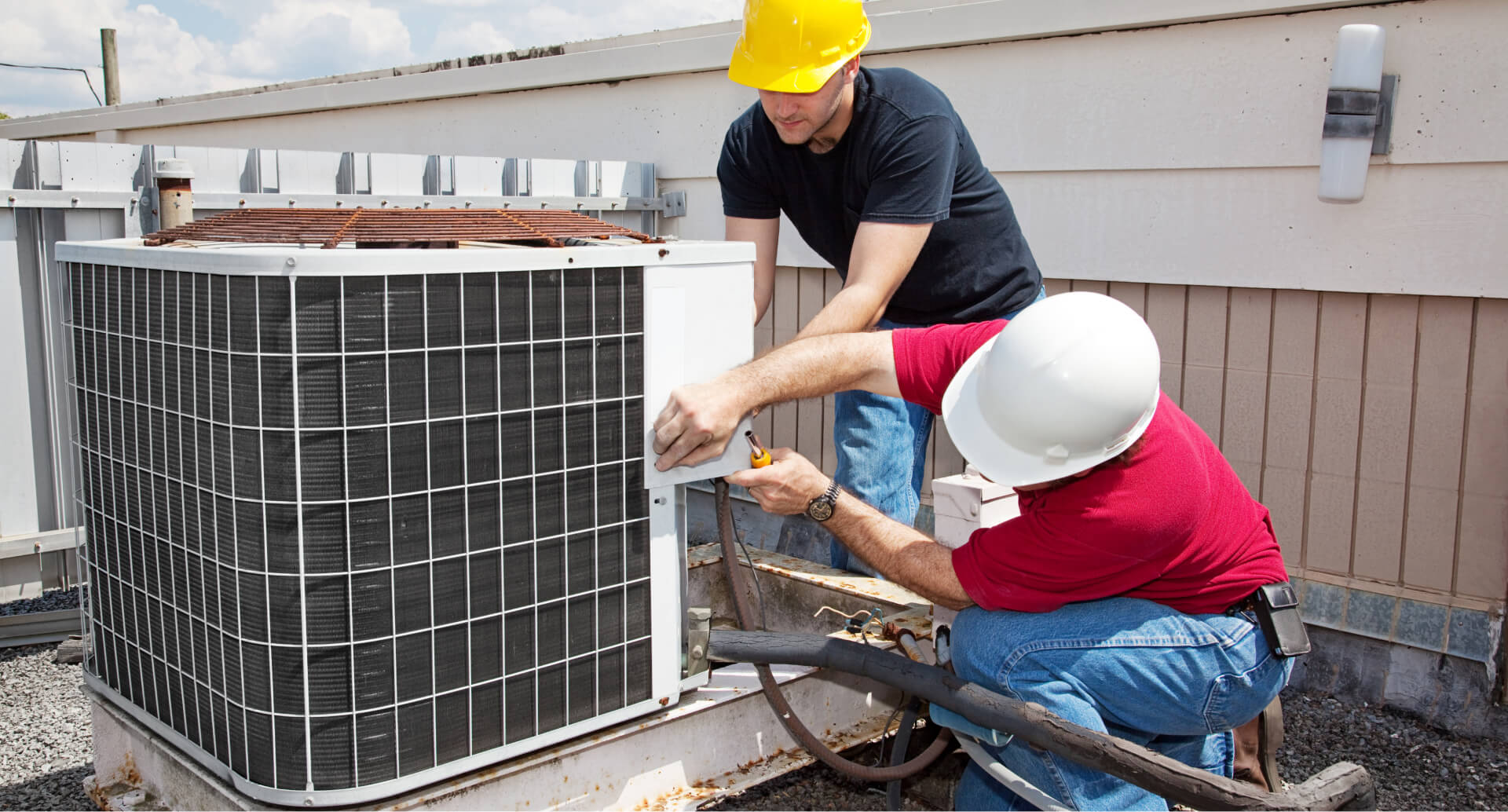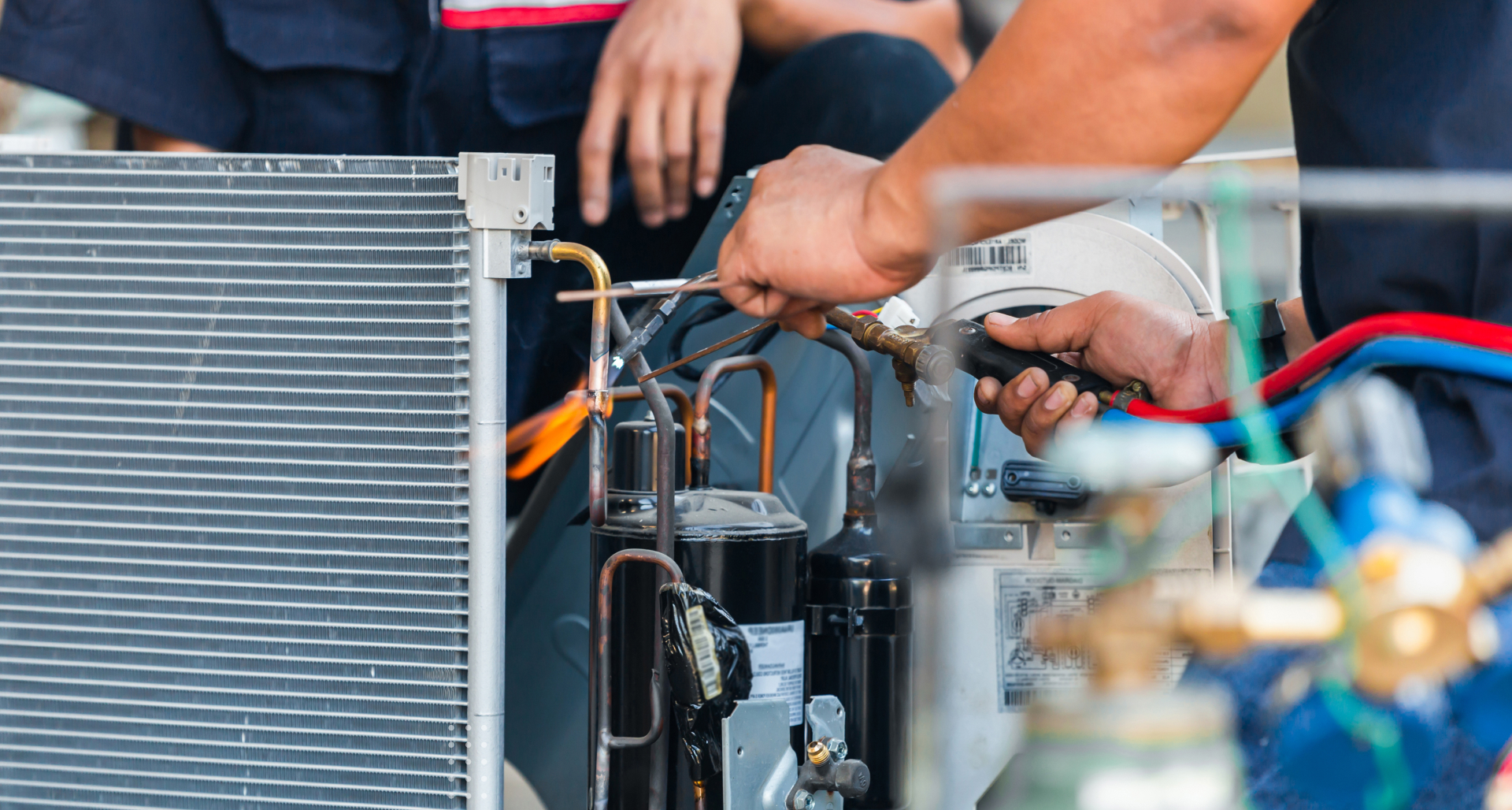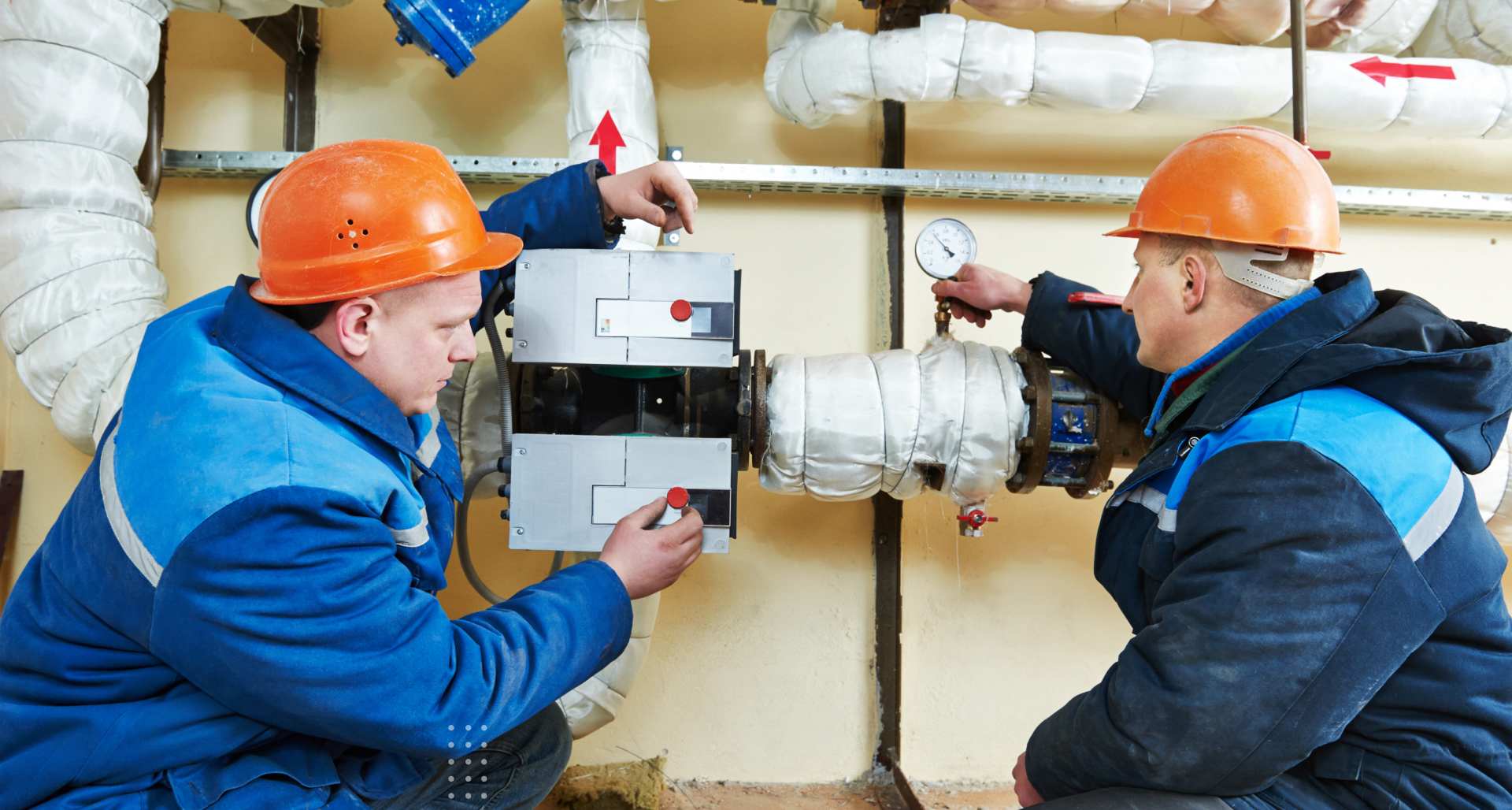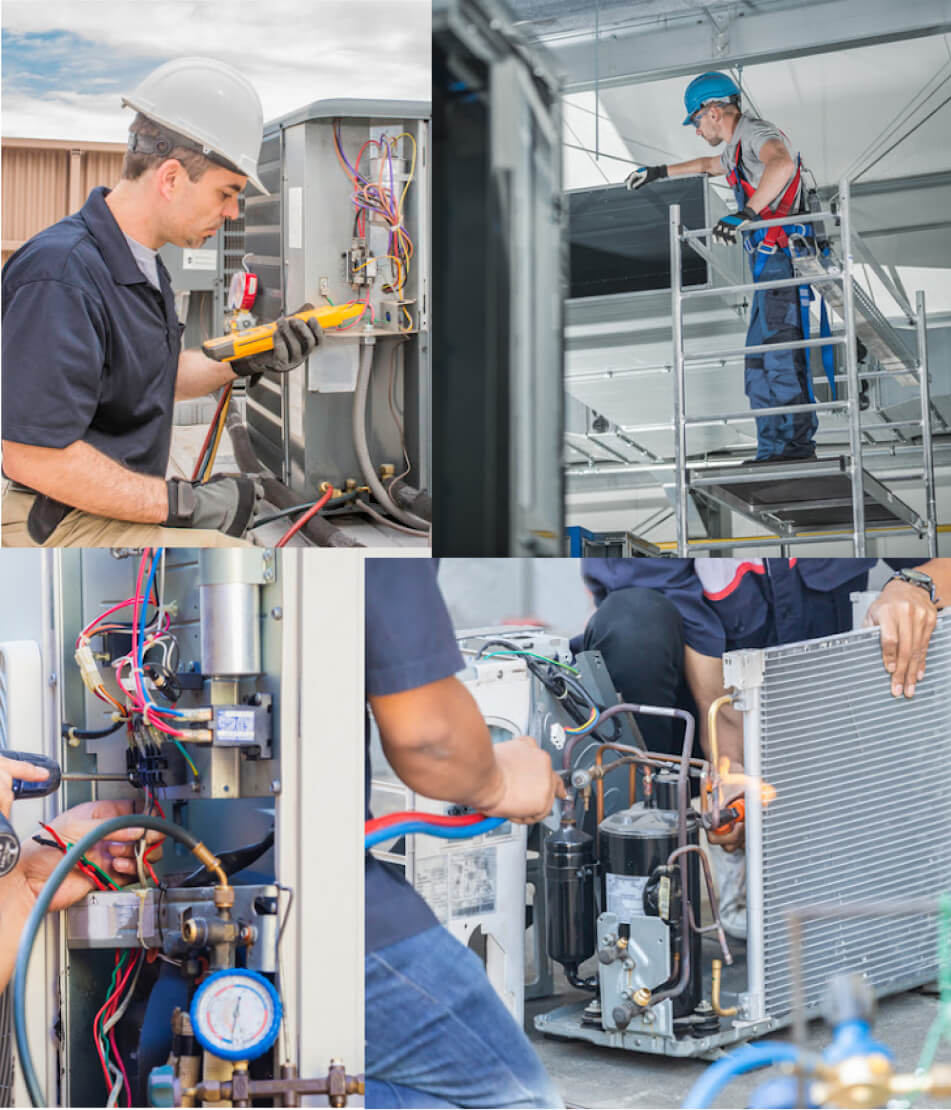


What Makes John Duffy The Best In Commercial Services?
We are passionate about providing commercial services that enable businesses to function better, period.
Our HVAC services ensure that your business benefits from optimal indoor temperatures, come rain, sunshine, or snow. We are experts in installing and maintaining gas furnaces and boilers, and we also provide natural gas connections for commercial use. If your building has a heating oil requirement, we’ve got that covered too.

Commercial Service John Duffy Services for Commercial Service

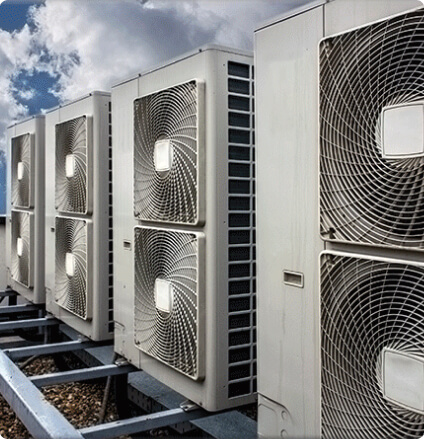
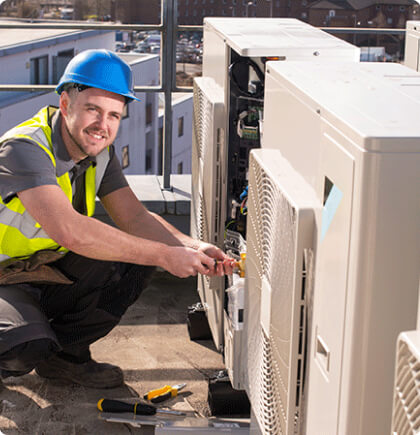

We provide expert installation and around-the-clock emergency services in central and northern New Jersey.
John Duffy Energy Services, a family-owned and operated business that’s been around since 1891, has long served Newark and the surrounding area.
- Commercial Gas
- Commercial Heating Oil
- Commercial HVAC

Heating Oil What Kind Of Service Do You Need?



- Heating Oil Delivery
- Easy Payment Plan
- Service Plan
- Request Service
- Fuel Oil Tank Replacement & Protection
- Price Protection Plan
Valuable Info Authorities in our field



- Rebates
- Trouble Shooting Guide
- FAQs
- Material Safety Data Sheets
Frequently Asked Questions FAQs
It varies depending on the type of filter you have. If you have cheaper, disposable filters, we recommend changing them every 30 days. If you have pleated or poly filters, we recommend changing them every 90 days. Media filters or Clean Effects filters can last a little longer and should be replaced about once a year.
Not necessarily. It is important to purchase an air conditioner that is the right size for your home. If you buy an AC unit that’s too big, it will cool your home faster, but it will also be less efficient and will not eliminate humidity well enough. It will have short-run cycles. While it will cool the air quickly, it will shut off before it blows enough air across the indoor coil to drain water from your system. This will leave too much moisture in the air, which can lead to mold and mildew in your home.
Your system starting and stopping more often may cause it to use more energy+ and wear down faster. Longer run cycles are more efficient.
HVAC systems generally last 10 to 15 years. However, your system becomes less efficient and performs worse as it gets older. Therefore, after about 10 years, you may want to start looking for a replacement. Even if you are not having any major problems, modern HVAC systems will save you money on your energy bills because they are more efficient. Plus, they generally come with 10-year warranties, so you won’t need to worry about replacing them for quite a while.
Probably not. Older systems use Freon R-22, which has been phased out and replaced with Freon R-410A, also known as Puron. Puron is more environmentally friendly and more efficient. In addition, the minimum SEER rating or efficiency that we can use today is 13 SEER (older systems are 10 SEER and below). The refrigerant and efficiency rating of your indoor coil and outdoor unit must be the same, so you have to replace the whole system at once.
Matched systems ensure maximum performance, maximum efficiency, and maximum comfort.
A matched system will maintain proper cycle times and manage humidity properly for your home. In addition, a matched system will prevent you from paying too much for your energy bills. Your system will run at peak efficiency, with no energy wasted due to improper size.
Proper air filtration is crucial to the health of both your HVAC system and your family. Air filters prevent dust and dirt from building up in your system to keep it performing at its best. High-efficiency filters do a better job of this and remove dust, dirt, mold, and more from the air. This is especially useful if you have allergies or respiratory issues. High-efficiency filters are better but not 100% necessary. Whether or not you choose to use them, remember to change your filters regularly.

